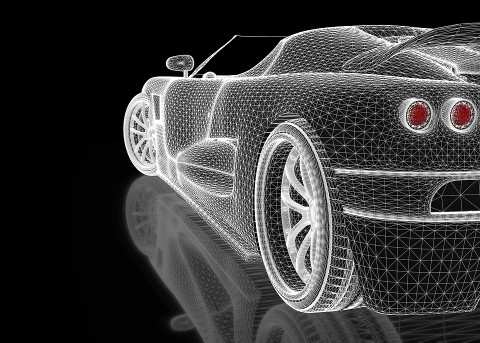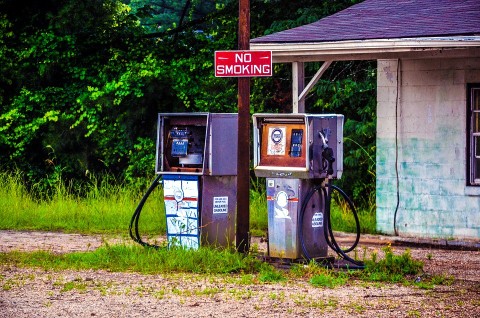A Decade In–Let’s Look at the Future
When Elon Musk first started selling his Tesla brand of battery electric vehicles, many people were reluctant to buy in, except a few wealthy people, of course. Fast forward to a decade or so later and renowned manufacturers like Nissan and Chevrolet (who beat Tesla to mass market electric cars–ed.) are fighting for a piece of the rapidly growing electric vehicle market. With concerns about global warming and the need to move away from fossil fuels, the automotive industry, as well as governments and consumer bodies, are all warming up towards “green” cars.
Which leads to the question, how will the car service industry be affected by this?
How Do Electric Cars Work?

Electric cars, also known as battery electric vehicles (BEVs), are typically cars that use chemical energy, as opposed to liquid fuel energy for propulsion. This energy is stored in rechargeable battery packs which can be recharged at electric car charging stations whenever they deplete. Green cars are powered by electric motors instead of the internal combustion engines (ICEs) used in most vehicles (although there are a variety of vehicles poised between the two technology that are shades of green–ed.).
Electric Car Kits
You can buy a BEV straight from the manufacturer or, if you have the means, turn your gasoline vehicle into a BEV using an electric car kit. These cost between $3,000 and up at online stores.
Another frequently asked question is; how long does it take to charge an electric car? Well, anything from 30 minutes to a day-and-a-half depending on the current on the charging port and battery size.
Auto Dealers and Mechanics Set to Lose Big
Electric cars are generally low maintenance, even more so compared to traditional vehicles. As BEV sales increase, auto and spare parts dealerships, as well as mechanics, are set to incur a loss of business. For one, electric cars don’t require oil and oil filter changes, transmission checks or radiator checks either, which means trips to the garage will reduce. However, auto shops can adapt to the situation and revamp their services to include, for instance, fast wheel alignment and tire sales or even start selling electric car kits.
Realignment of the Automobile Distribution System
In February 2019, Tesla announced plans to close all their physical dealer stores ostensibly to minimize costs and hence lower prices, with all sales to be done online. The decision was eventually reversed but it still seems like, in the near future, physical auto dealerships may be rendered partially or wholly obsolete leading to loss of thousands of jobs.
The End of Gas Stations As We Know Them

Another ongoing concern in the electric cars vs. gas cars discussion is the fate of thousands of people who work in gas stations were we to fully transition to electric vehicles. As it is, most charging stations are operated by private electricity companies and are very simple affairs, compared to the traditional gas stations, which also supported small retail stores and cafés. Oil companies, as well as gas station owners, have every right to be concerned about the potential loss of business in the coming years.
Conclusion
The debate on whether electric cars are really green is ongoing. What better way to enter the discussion than actually buying one?

They’ll still try to get you. My PRIUS is recognised worldwide as one of the most reliable car. But TOYOTA in Australia still insists that it be serviced every 6mths and 10,000km (62100miles) – or they won’t support the warranty.
That’s one of the shortest servicing requirements in the country – for a vehicle where the ICE only runs part of the time, and never in a stressed manner, and the brakes are likely to last the life of the car.
It’s only because they can.
Mind you, the cost is quite reasonable – just the wasted time every 6 months.
@Alan Clarke,
On the other hand, reliability is only enhanced by regular maintenance. But your point is well-taken. –ed.